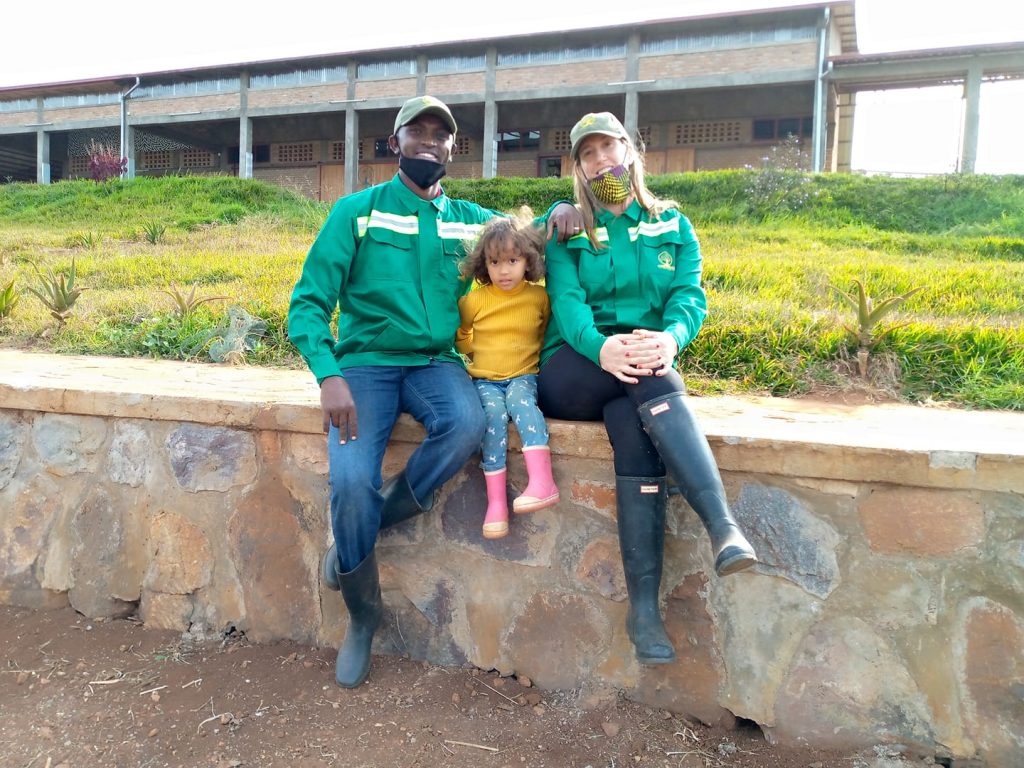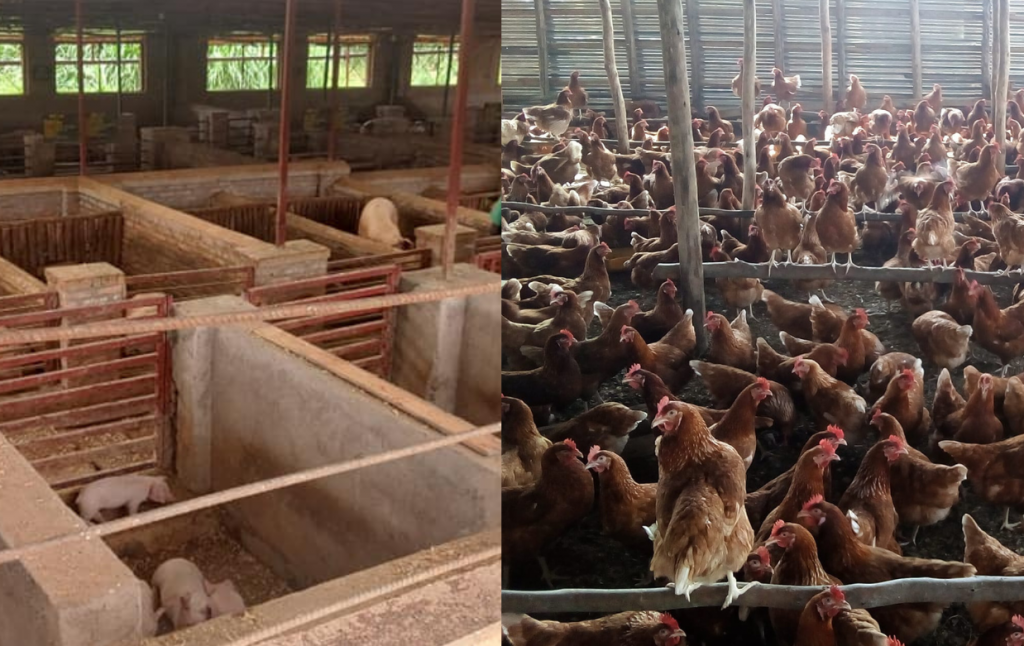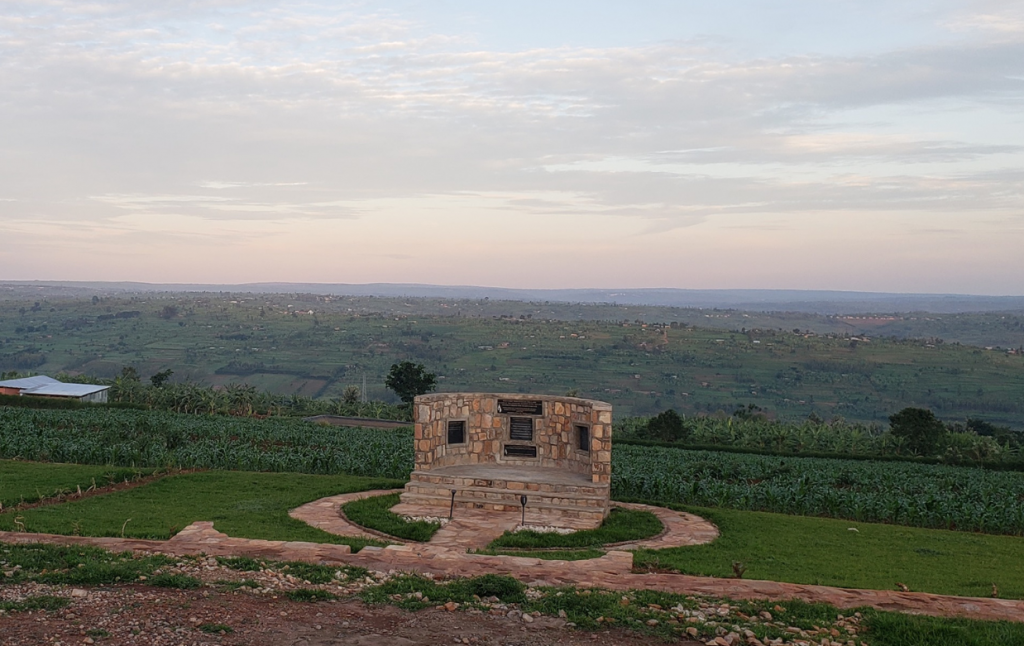Born in Tasmania-Australia, Sabrina Joy Sibomana is a mother and Co-Founder of the Mustard Seed Institute (MSI), a Rwandan social enterprise. Initiated by Sabrina and her husband, Jean Népo Sibomana, in 2016, the institute supports the next generation of Rwandans, while also advancing economic development and harmony.
In an interview, Sabrina reflects on living and working in Rwanda, and how the Mustard Seed Institute is impacting the lives of rural communities and the country’s economy.

Tell us about yourself and the work you do in Rwanda?
From a young age, I took interest in African politics and history, with a focus on the Great Lakes region. This fascination led me to study the region more academically and I met my husband on a university-organised trip. Together, we started the Mustard Seed Institute in Rwanda’s Eastern Province to contribute to Rwanda’s development and do our part in achieving collective success.
What is Mustard Seed Institute and its work in Rwanda?
The Mustard Seed Institute is working from the grassroot level to promote reconciliation and economic development. Some of our initiatives include a large piggery and poultry centre which employs and trains young people in the community. We also provide training on improved agricultural methods and best practices to local farmers who grow a variety of crops from maize to avocado and chia seeds. We also recently opened the Iwacu Café and Bar which provides farm fresh meals to customers.

The Mustard Seed Institute also offers English literacy classes to local primary school children and we have a target of opening a nursery school in January 2023. We also provide training in crafts to local women’s groups and cooperatives, as well as assist them to find markets for their products.
What inspired you to start a social enterprise in Rwanda?
Rwanda is not only my home but also for my family. My husband and I built the institute on land that belonged to my husband’s family who were all killed in the 1994 Genocide against the Tutsi. With this history, we wanted to do our small part in uplifting our community and contributing to the growth of Rwanda’s economy.
What pushed you to move to Rwanda?
My first visit to Rwanda in 2007 is what led me to move here in 2015. I was incredibly impressed by Rwanda’s commitment to progress and development, a nation that embodies a phoenix rising from ashes.
Though there are challenges to overcome, there is a great sense of hope and unification from Rwandans in overcoming those hurdles. This spirit and zeal made me proud to be Rwandan and I was eager to share this heritage with my children.

What are the future plans for Mustard Seed Institute?
We plan on exploring agri-tourism and hope to welcome more visitors. We are privileged to be located on the shores of Lake Muhazi and with such an idyllic rural setting, we aim to open a guest house; a place for peaceful rural retreats for our guests. All this coming together to hopefully contribute to an even better Rwanda for the future generations.
What are your top tips for fellow Australians considering to visit and invest in Rwanda?
I would encourage Australians to invest in Rwanda, especially in the rural areas. A relatively small investment can create an incredible impact on communities and provide much needed employment for locals.
Rwanda is open for business and is very supportive and welcoming toward foreigners. Moreover, Rwanda offers an opportunity for tourism where you can feel completely safe and explore the beauty and uniqueness of the country and integrate with the local communities.

James Gashumba
February 15, 2023